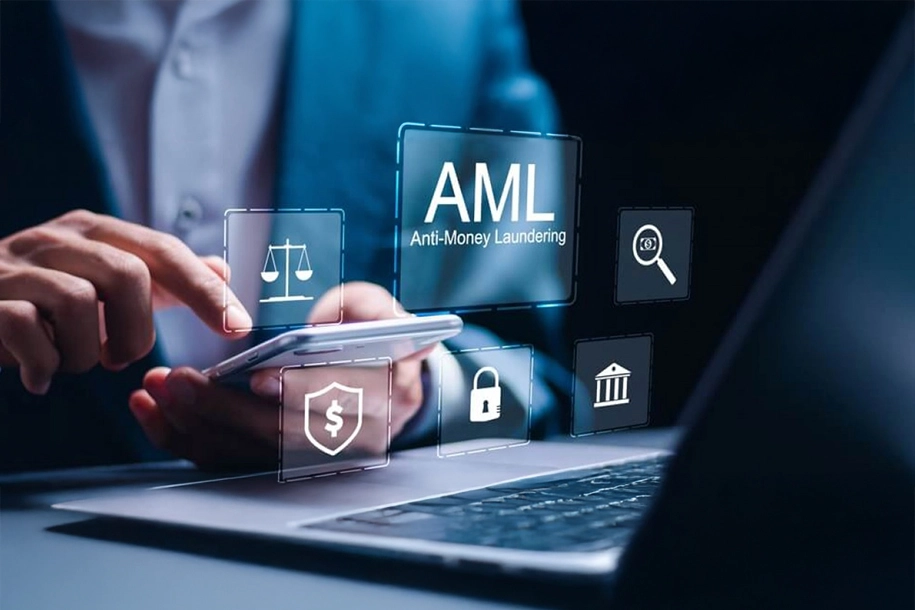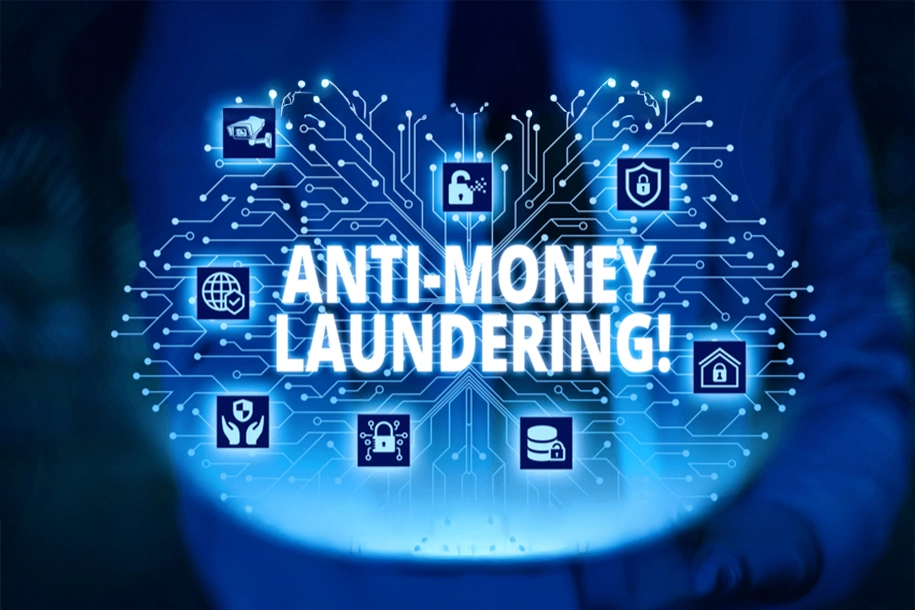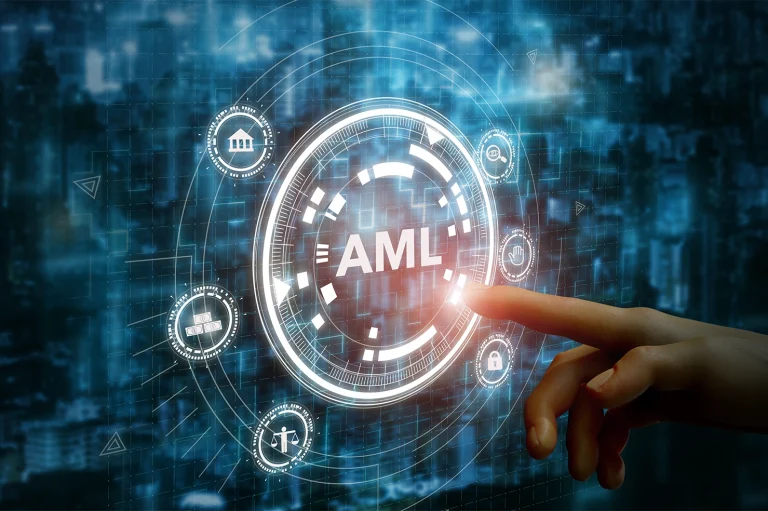The European Parliament recently adopted a legislative document to bolster the European Union’s ability to combat crime in the financial sector, primarily money laundering and terrorism activities. So, what is this AML, and how can it be monitored?
First of all, AML stands for Anti-money laundering in the financial environment. It is the name given to the whole system that financial companies prefer to prevent unfair gains and suspicious income, which has legal requirements and can be reported and controlled.
Some of this system’s preventive activities can be described as follows: identity verification, risk-based approaches, reporting of suspicious activities, and legal actions regarding money laundering risks.
Professions that have become self-interested, such as journalists, civil society organisers, authorities, media professionals, and auditors, have unlimited access to information and can manipulate it in their interests. Moreover, they can examine this information in detail for five years.
Moreover, the agreed laws provide an expanded and elaborated authorisation system for FIUs (Financial Intelligence Units). FIU is the name given to special units established to combat money laundering and financial terrorism concerning AML. These units analyse and evaluate financial data to detect and prevent criminal activity. For international crimes, they cooperate with FIU systems of other countries.

These laws have been favourable regarding due diligence measures and identity checks for institutions with large client bases, such as banks, crypto managers, and real estate agents. This system extends to various business areas and will become prominent by 2029. It will set the stage for indispensable and irreversible FIU notification traffic by companies driven by high-level financial transactions.
The new laws also introduce increased scrutiny measures for ultra-high-net-worth individuals (These new laws specifically prioritise high-income individuals, or the wealthy, so to speak, and offer greater scrutiny measures. Within the European Union, with exceptions, there is only a cash limit of €10,000. It also prioritises security measures for targeted financial investments. To oversee these laws and enforce a total supervisory regime, the AMLA, which is centralised in Frankfurt, has the authority to supervise financial investments. Established in 2019 but expected to come into force in 2024, AMLA stands for “European Union Anti-Money Launching Authority”. It controls inspections and all failed cases and provides a centralised insight for supervisors, mediating disputes and maintaining a presence in the final decision.
This package of laws designed to prevent ill-gotten gains includes AML guidelines, the EU “single rulebook”, and AMLA regulations. After the adoption of the European Council, the package will be published in ‘official newspapers’ by broadcasting organisations. At a time when ill-gotten gains have become a hot topic, the adoption of the legislation by the European Parliament will be a breakthrough in the areas of tax evasion prevention and corporate taxation.
Based on international standards and national laws, AML is seen as a gift designed for financial institutions and will eventually become a major structuring system to protect the financial system from cybercrime.
As the AML-focused regulations are being strengthened by the European Parliament, it is becoming increasingly important for fintech companies to adopt innovative solutions in the efficient effort shown in this area. Under this goal, EnQualify provides innovative digital identification solutions to fintech companies. You can review EnQualiafy’s advanced products to receive more information.



